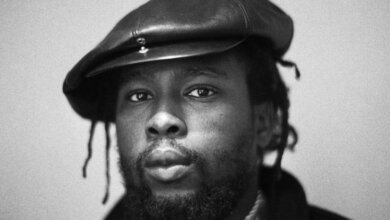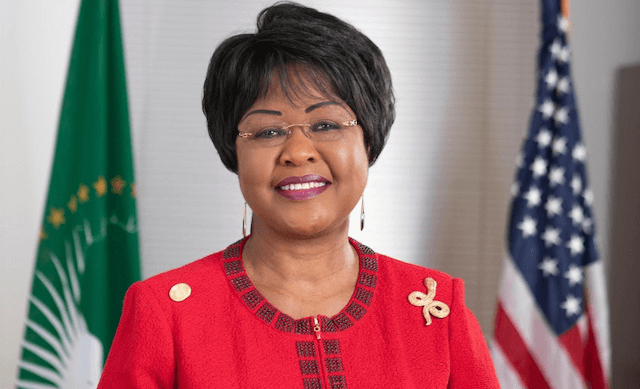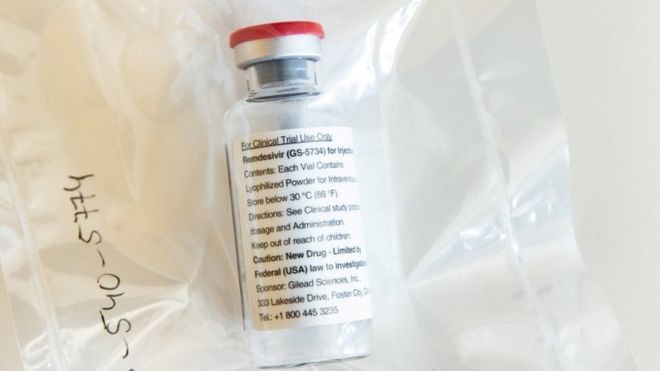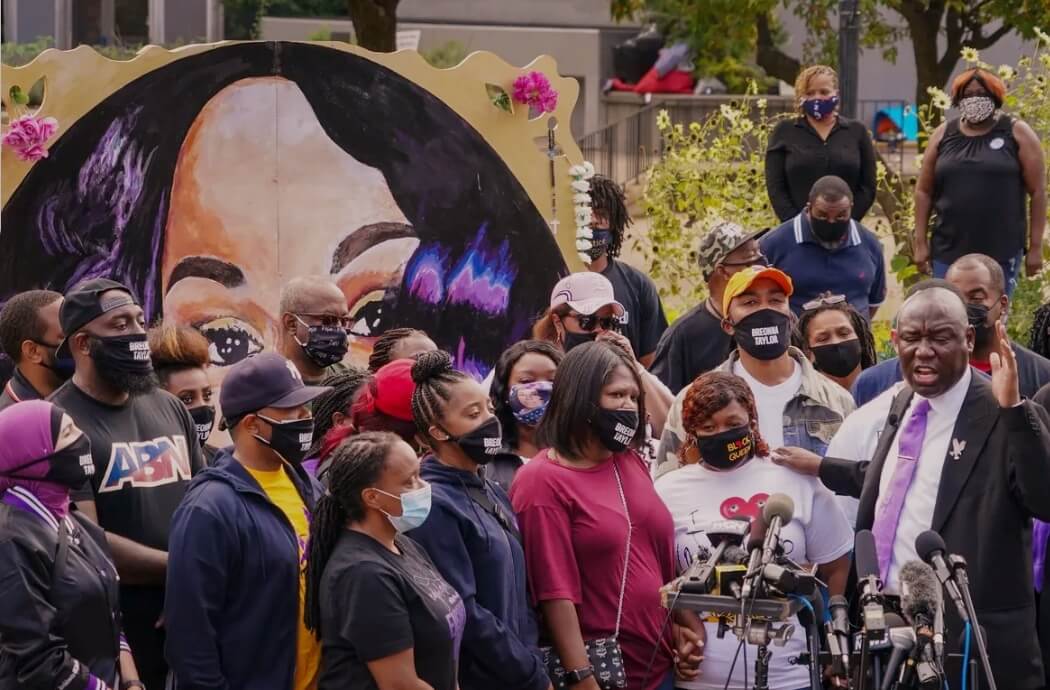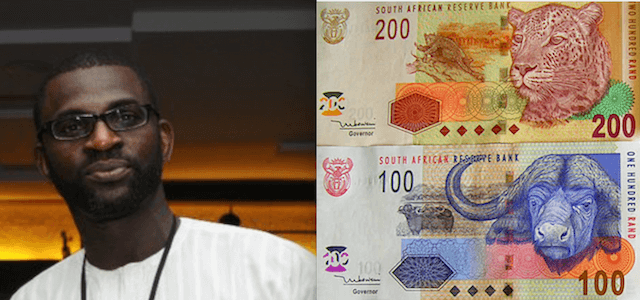

So TheAfricanDream.net out of curiosity recently got curious about our favorite numismatist Adetunji Omotola and his interest in Africa’s over 53 currencies, especially when the Nigerian made us aware that as of January 1, 2013, the Zambian Kwacha (ZMW) was the strongest currency on the continent.
In our quest to find out more about Africa’s currencies from our amateur numismatist based in South Africa, we called up him up for a chat over the phone and share with you some of the cool insights he gave us from his personal experiences collecting African currencies. By the way a stronger boy has overthrown the ZMW, we will fill you in in future paragraphs.
“I have always been fascinated by currencies no matter which countries they come from. We have recently seen increased economic growth in many African countries driven by high commodity prices and China’s massive demand,” an excited Mr. Omotola said to TheAfricanDream.net.
The fuel that ignites the Adetunju Omotola money fascination
“Some African countries like Ghana, Zambia, Mozambique, and Mauritania have also embarked on re-denomination of their respective currencies. In view of all of these factors and given the need to ensure that one has souvenirs from each African country beyond artifacts, I have decided to begin the collection of various African currencies,” Mr. Omotola explained the reason behind his love for numismatics.
Numismatics is the study or collection of coins, paper currency, and medals.
Many African countries will change their currency’s appearance when a new government takes power (often the new head of state will appear on bank notes), though the notional value remains the same. Also, in many African currencies, there is such rampant inflation that re-valuing must take place ever so often, a classic example being the Zimbabwea.
“If you are well traveled on the African continent or live in it, then you probably know it is no secret that there is a thriving street trade by unlicensed street traders in the US dollars (USD) or other stable global currencies seen as a hedge against local inflation,” Mr. Omotola revealed. He further said that the exchange rate is grossly more favorable to the seller of the foreign currency than that of the official bank rate of the local currency, which is what encourages that clandestine trade.
It is tough to live in one African country and endeavor to collect thirty-one currencies across Africa especially given the high cost of travel around the continent. “The fact that some countries’ currencies are not even of any serious value should be something to bear in mind,” said the numismatist who shed light on some of the downsides of his passion. “Currencies like the Burundian Franc (BIF), the Ugandan Shilling (UGX), the Tanzanian Shilling (TZS), and the Guinea Conakry Franc (GNF) are very weak to major currencies like the USD.” Based on this Adetunji advised that one need not bother collecting them, unless, like his, your simple task is to collect every currency in each denomination in existence.
And the juicy part of our chat with this numismatist — when we asked how many of the 50 plus currencies of Africa he has in his collection. You should have heard him blast a gigle that was a poor attempt to hide laughter borne of excitement. “I am in possession of forty-one notes of 10 different African countries. Most were given to me by a Ghanaian based in Botswana, a Mosotho from Lesotho, A South African who traveled to Zambia and a Ghanaian based in Ghana who handed same over to my Ghanaian friend based in Johannesburg that met her in Accra.”
Money collection hunt and origins of some money
We are now thinking this dude is really serious about his money collecting game and even before we could ask one more question he continued, “I also have a 100 Ethiopian Birr given to me by a cabin crew attendant with Ethiopian Air named Hayat in Johannesburg. My collection also features the 200 Swaziland Emalangeni given me at a hotel in Johannesburg by a South African named Nolubalo.”
Adetunji also has in his possession the Rwandan Franc and Kenyan Shilling which were given to me by his wife after she returned from Tanzania and Kenya for which he is thankful for. “I must thank everyone who has made my quest possible even though I still have a long way to go.”
TheAfricanDream.net by this time is impressed by this man’s collection so we decided to share some African money trivia with him to add to his fountain of knowledge. We told him that based on research we know that rulers of the great Ethiopian kingdom of Aksum between AD 270 and 630 produced their own round coinage for trade with Romans and Byzantines.
This obviously increased the interest of our numismatist who made it known that one of newest kid on the block for African currencies is the South Sudanese pound, the official currency of the Republic of South Sudan. It is subdivided into 100 piasters and was approved by Southern Sudan’s Legislative Assembly back in 2011 when they gained independence from the Republic of Sudan to become one of the youngest nations on earth.
What has accounted for your fruitfulness in this venture, we asked Mr. Omotola, to which he responded: “it is about passion my friend, and also due to my vast network of great contacts. This is the reason why am proud to share that I have the currencies of ten African countries. Most of these currencies are from countries in Southern Africa e.g the Zambian Kwacha (ZMW), the Lesotho Maluti (LSL), the Botswana Pula (BWP), Swaziland’s Emalangeni (SZL), and the Tanzanian Shilling (TZS).”
Now meet Africa’s strongest currency for 2018
“I have also had the luck of securing the Ghanaian cedi (GHS), the Rwandan Franc (RWF), my good old Nigerian Naira (NGN), the Ethiopian Birr (ETB), and the Kenyan Shilling (KES). From the currencies I’ve collected thus far, the GHS is the strongest with the TZS being among the weakest.” Ghana re-denominated her cedi in 2007 by taking away three zeros (dividing the currency by 1000). By date of this publication, $1USD was equivalent to GHC4.82. The Guinea Franc (GNF) is Africa’s weakest currency at GNF 9094 to $1USD
Finally we are here: the Libyan Dinar (LYD) is the strongest African currency at LYD1.39 to $1USD at time of publication.
Click to read other Africa money related stories
Here is an anecdote our friend shared with us about an experience he had in 2012 in Zambia prior to that country’s removal of four zeros from their Kwacha. “At the time I had booked a room at the Radisson Blu in Lusaka, the Zambian capital. Upon arrival, I was told that the room would cost 1 million Kwacha a night,” our friend said, explaining how surprised he had been at this discovery at the time.
“Another experience I had with another African currency that is remarkable was in Ghana’s capital city of Accra. When I first visited Accra in 1996, the GHC was around 8000 to $1USD. In essence, I hired taxis for a full one hour for GHC 8000 back then. Fast forward to 2007 when the government took out three zeros to leave the cedi at GHC1.3 to $1USD. This meant a taxi ride now cost me almost $1USD just to be dropped off as opposed to an hour for a hired taxi service.”
Zimbabwe’s loaf of bread that cost a million, or trillion
Before we finish this story, did you know Zimbabwean Bond Notes that were introduced in 2016 along with their bond coins earlier in 2014 are used as part of a multiple currency economic system, including bitcoins. You are probably already aware that just a decade ago it cost millions to billions to buy a loaf of bread in Zimbabwe owing to the sorry state of their economy, and they had a million dollar note to match.
FYI – the British Pound Sterling is the world’s oldest currency still in use today. The Pound’s origins are traced back to the 8th-century kingdom of Mercia, way before the United Kingdom was ever united — pun intended. Thank you for journeying with us into our friend’s world of currencies, we hope this read has been of value to you.
Adetunji Omotola is an Africa Analyst, Public Speaker, Media Personality, Wine Consultant, and yes, a lover of numismatics based in Johannesburg, South Africa. He has been a radio and TV presenter and blogs at www.winelawandpolitics.wordpress.com. Follow him on Twitter as @tunjiomotola.
Source: Oral Ofori
Oral Ofori is Founder and Publisher at www.TheAfricanDream.net, a digital storyteller and producer, and also an information and research consultant.

